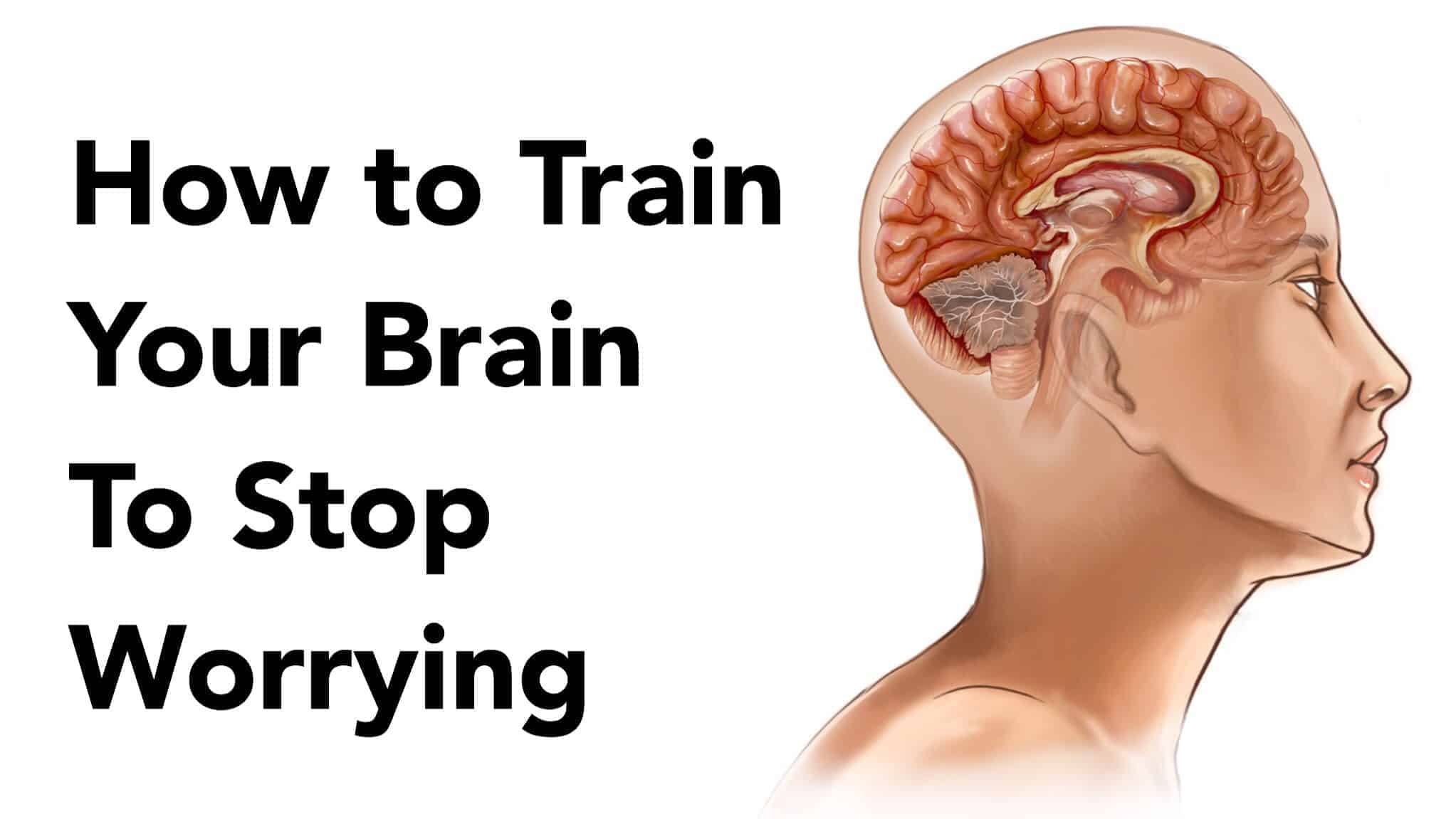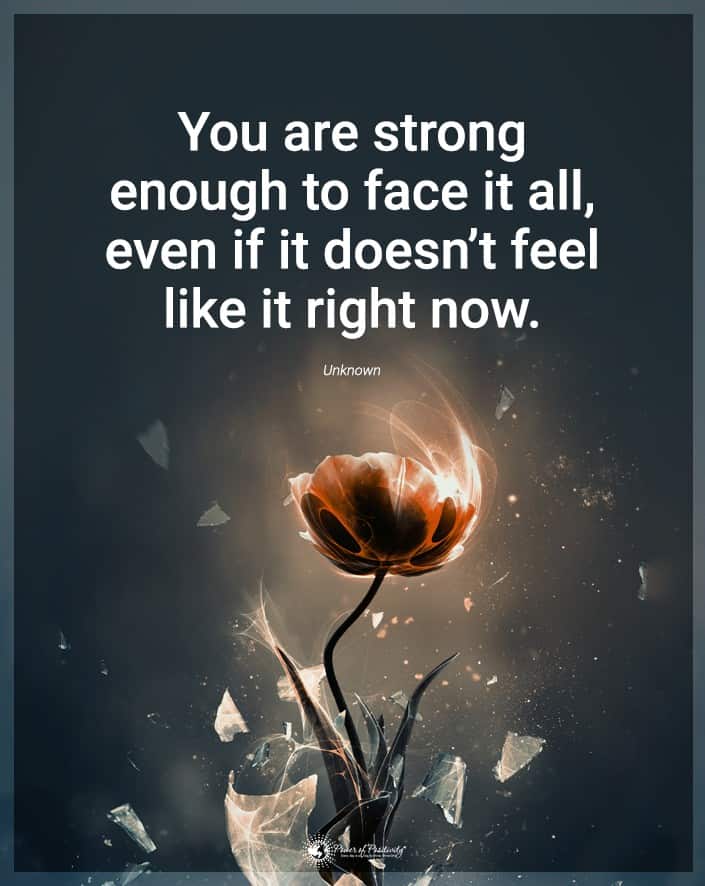The experience of hopelessness is downright terrifying to many people. There’s a sinking, draining, constricting emotion that comes with these feelings, and they can weigh you down and make you feel terrible.
Due to how extreme hopelessness can be, it makes sense that you may be afraid of it. But this fear can be counterproductive and worsen your risks of those hopeless feelings! How can you fight it? Here are five ways to overcome the fear of hopelessness.
1. Learn To Understand The Roots Of Hopelessness
The fear of hopelessness is a cycle, and all processes require understanding to break out. Most generic advice on overcoming fears of despair doesn’t give you sufficient insight into your fears’ roots, and hopelessness can be pretty diverse in the cause.
In general, hopelessness entails a general lack of passion, hope, positive thinking, or optimistic expectation for the future. It means seeing a bleak idea of your upcoming days, and it can trigger feelings of anxiety, depression, and stress. It makes sense to be afraid of this kind of emotion, but a fear of it can be counterproductive and increase its risk.
This is because being afraid of feeling hopeless means you’re either at risk for such an emotion or you have already had to escape that feeling before. Understanding the cause of your particular fears can help you manage the issues – whether current or past – that are perpetuating them. So, where does hopelessness come from? Here are its common roots:
· A Lack of Inspiration
Without positive role models or success stories to look up to, it can be difficult to imagine that anyone in your current position can get out of it and succeed.
· A Feeling of Limitedness
When you’re struggling, hopelessness may arise when you both feel you lack the skill necessary to overcome your hurdles and lack general survival necessities.
· An Experience of Alienation
If you’ve been made to feel like you don’t fit in, like you’re not worthy of support and love, or like you’re doomed to be rejected forever, you can feel hopelessness as a result of alienation. Worse still, you may further isolate yourself in fear of pain.
· A Sensation of Captivity
Being in a bad situation, relationship, or environment that you can’t escape is a significant reason that many people feel hopeless.
· An Experience of Oppression
If you are part of an oppressed group or minority, the knowledge of your oppression over things you cannot control can be overwhelmingly frightening.
· An Experience of Abandonment
Have you ever been forsaken or left to struggle on your own when you were in your most significant time of need? It’s easy to see how this can make someone feel hopeless.
· A Threat of Doom
Many people who are faced with their mortality, whether by illness or some other significant threat to their survival, can begin to wonder if there is any point in continuing at all.
· A Feeling of Powerlessness
If you feel like you have no control over your life and its direction, you may feel hopeless or fear hopelessness as a result.
· An Experience of Helplessness
Do you feel as though you’re in a very difficult or threatening situation but cannot free yourself from it? That helplessness is a quick precursor to hopelessness.
2. Name and Admit Your Feelings Of Hopelessness
Complex emotions can be challenging to get to the deep roots of. This is especially true for something like fears of hopelessness or the beginnings of hopeless feelings. These experiences can cause dullness, heaviness, and a lack of motivation in everyday life, making it tough to feel like confronting them.
But if you don’t label your emotions, you won’t be able to regulate them. Studies show that naming those more complex experiences can be crucial to resolving and managing them in a positive way. Most emotions present as very simple on the surface, but digging into them reveals many other layers. For example, your fears of hopelessness may involve:
- Anger
- Annoyance
- Bitterness
- Boredom
- Distrust
- Fear
- Gloom
- Grief
- Helplessness
- Loneliness
- Uneasiness
- Worry
3. Challenge Hopeless Thoughts
To overcome a fear of hopelessness, you can begin to prove to yourself that hopeless thoughts don’t have power over you. When you challenge these kinds of emotional patterns, you learn to process them properly and are equipped to deal with them. The goal is for you to eventually no longer feel daunted by thoughts like these. Here are some ways to challenge hopeless beliefs:
· Argue
Whenever you begin having hopeless or fearful thoughts, argue against them. Point out evidence to the contrary and challenge them to a battle of wits. Pretend you’re debating for a competition or trying to deliver a big speech. You’ll learn that you can find all sorts of logical evidence that disproves your thoughts if you want to fight them.
· Ask If You’ve Been Here Before
Most people experience feelings of hopelessness at some point in their lives, typically during difficult times. If you’ve been there before, you may fear going to this bad place again. But think about it – didn’t things change? Didn’t they get better? Didn’t you grow and learn? This is not to say that you’re 100% healed. Instead, it’s to encourage you to use positive thinking to see that hopelessness cannot trap you because you are strong enough to get out.
· Know That Brains Can Lie
Your mind may tell you that you’re awful or that your situation is horrible and impossible. It may even attempt to convince you that you’re doomed never to improve or succeed. But brains can be mean sometimes, and they can build stories in a cognitive distortion that isn’t a reflection of reality. Remember that just because your brain insists on it doesn’t mean it’s true.
· Consider If This Fear Serves You
Think about how your fear of hopelessness makes you feel. How does it affect your everyday life? The chances are that you gain absolutely nothing from this fear and that you may even hate the experience of living with it. If the fear is only hurting you, you deserve better than to be stuck with it, and this can give you the push you need to realize that it’s time to let the fear go. Taking action against these feelings can free you from them, so don’t sit and wait around anymore!
4. Reframe Your Mindset To Positive Thinking
Positive thinking and optimism are so good for you that they can completely change the way your body reacts to common stressors. A paradigm shift can change your perception of things that once frightened you, including concepts as abstract and frightening as hopelessness. Though it’s no easy feat to swap your mindset around, you can get started in the following ways:
· Think Of How Hope Can Improve Your Life
You’ve already considered how your fears may not be serving you. Now, consider how hope and courage can serve you. Think about the positive effects of hope, bravery, and a positive attitude. These changes are possible and within your reach, and it can be powerful for you to realize just how much you are capable of controlling all on your own!
· Learn To Solve Problems
When you’re afraid or beginning to feel hopeless, the problems you face in life can feel astronomical. Remember, however, that most problems are ones you can either solve or learn to manage. You’re responsible for the betterment of your own life, after all. So start putting this into practice by learning to brainstorm, widening your worldview, and seeking advice and perspectives from others. When you realize you can fix many issues you face, you realize that hopelessness doesn’t have to be your fate.
· Pick Out Hopeful Goals
You probably have dreams, ambitions, and life goals. In the face of hopelessness, though, there’s a chance you’ve forgotten or abandoned some of them. Instead of allowing your fears to win, think about goals that are full of hope. You see, goals don’t have to be so huge that they overwhelm you. Start small. What habits do you want to build? What little things would you like to incorporate more into life? Can you start meditating once a day, listening to new music more often, or checking out more books at your local library? And if you have loftier goals, visualize how incredible they are and how wonderful they may make you feel to achieve. Goals are full of hope by nature. Don’t lose sight of that!
5. Seek Professional Help
Many feelings of hopelessness are part of mental disorders, which is why it’s so important to monitor your mental state. If you begin to feel that your fears and emotions are clouding your everyday life and impacting your daily capabilities, it’s time to get aid in a professional capacity. Here are some ways to begin:
· Seek Therapy Or Counseling
Mental health professionals in this field are meant to be unbiased and can help you find management techniques for your problems in healthy, positive ways. They can also perform helpful forms of therapy, such as cognitive-behavioral therapy, to correct how you respond to fears and hopeless emotions. It can take some shopping around to find a counselor suitable for you, so don’t feel discouraged if you don’t find the right therapist immediately!
· Seek A Diagnosis
If you have doctors or therapists who believe you may be experiencing a mental health disorder, it can be hard to come to terms with. But getting diagnosed allows you to be treated, which prevents you from experiencing that hopelessness you fear.
· Seek Support Groups
Many mental health support groups exist out there, and they can help you feel much less alone. Groups are often equipped with a leader who offers professional-level support, and you and your peers can encourage, support, and advise each other.
Final Thoughts On Some Ways To Overcome The Fear Of Hopelessness
It is okay to feel afraid, hopeless, or lost sometimes, and most people will experience these feelings at least once in their life. But these emotions don’t have to rule and control you. Learning to overcome your fears can help you live life in a more hopeful and positive manner.

















 Community
Community

